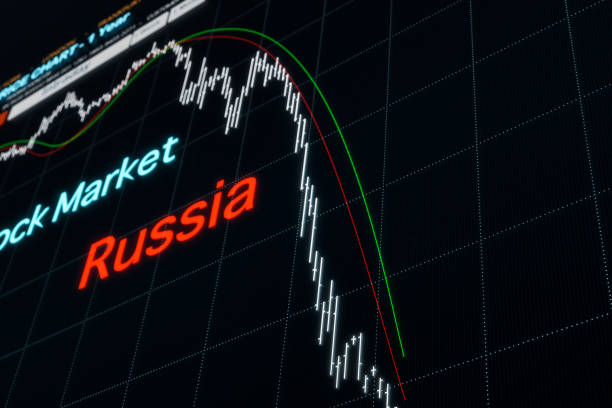The Belarusian economy has found itself in a difficult situation due to its dependence on the Russian military-industrial complex (MIC). The recent growth of Belarus's economy, despite sanctions, is largely attributed to Belarusian enterprises producing military goods for Russia. While this cooperation brings financial inflows, it also exposes the economy to the risk of collapse, as reported by UDF.
In recent years, Belarus has seen GDP growth despite the economic downturn in 2022. Experts link this growth to a significant increase in orders from Russia, generating an additional $5-7 billion annually. Analysts believe Lukashenko uses these funds to strengthen his position despite international sanctions. Belarusian enterprises actively participate in military production, from armored vehicle sights to combat drones.
"On the one hand, in my opinion, believing the official figure of 4% GDP growth is absolutely out of the question. It is a political figure, just like the official data claiming 87% voted for Lukashenko in the recent "elections," – said Yaroslav Romanchuk, president of the International Institute for Freedom (Ukraine), in an interview with Salidarnast. – On the other hand, it is obvious that participation in the Russian military-industrial complex and the reformatting of production chains bring Belarus an additional 5-7 billion dollars annually."
However, such reliance on the Russian defense sector presents major risks. Belarus has effectively become a hub for bypassing sanctions, enabling Russia to sustain its military efforts. Belarusian companies not only support Russia’s MIC but also help circumvent international restrictions by supplying necessary components and equipment.
This dependency raises concerns. In 2024, over 60% of Belarus’s foreign trade was with Russia. Despite efforts to diversify, Belarusian businesses face tough competition from China, which supplies higher-quality goods faster and at lower costs. This worsens the position of Belarusian enterprises, including major firms like MAZ and Amkodor. To prevent social unrest caused by economic difficulties, Belarusian authorities have increasingly involved industries in arms production.
A major risk for Belarus’s economy is the instability of Russia’s own economy. If Russia faces economic hardship due to sanctions or other factors, Belarus will feel the immediate impact.
"The Belarusian authorities are violating a classic rule: you should never put all your eggs in one basket. When the basket breaks, the blow to Belarus could be comparable to the collapse of the Soviet Union and the severing of previous economic ties. Russian resources and projects will be frozen or rendered useless," reports UDF.
The ethical dimension is also troubling. Workers at Belarusian enterprises involved in military production often operate under pressure and may not fully realize that their products serve Russia’s war effort. Many fear losing their jobs if they protest, while some factories employ prisoners and migrant laborers.
BelPol representative Volodymyr Zhihar responded to Salidarnasts' question about the future of Belarusian enterprises working for the Russian military-industrial complex:
"It would be a mistake to think that after the suspension or end of the acute phase of the war in Ukraine, these enterprises will cease operations. The full-scale production capacity of most weapons manufacturing plants currently undergoing modernization is scheduled to be reached by 2027-2028. We are almost certain that what is being produced in Belarus now is not intended for the war in Ukraine. It is being prepared for some future conflict on the European continent. For example, according to our estimates, by 2027, Belarusian enterprises will be capable of producing around 300,000 122mm rocket projectiles per year. The Kremlin’s imperial ambitions remain unchecked."





















